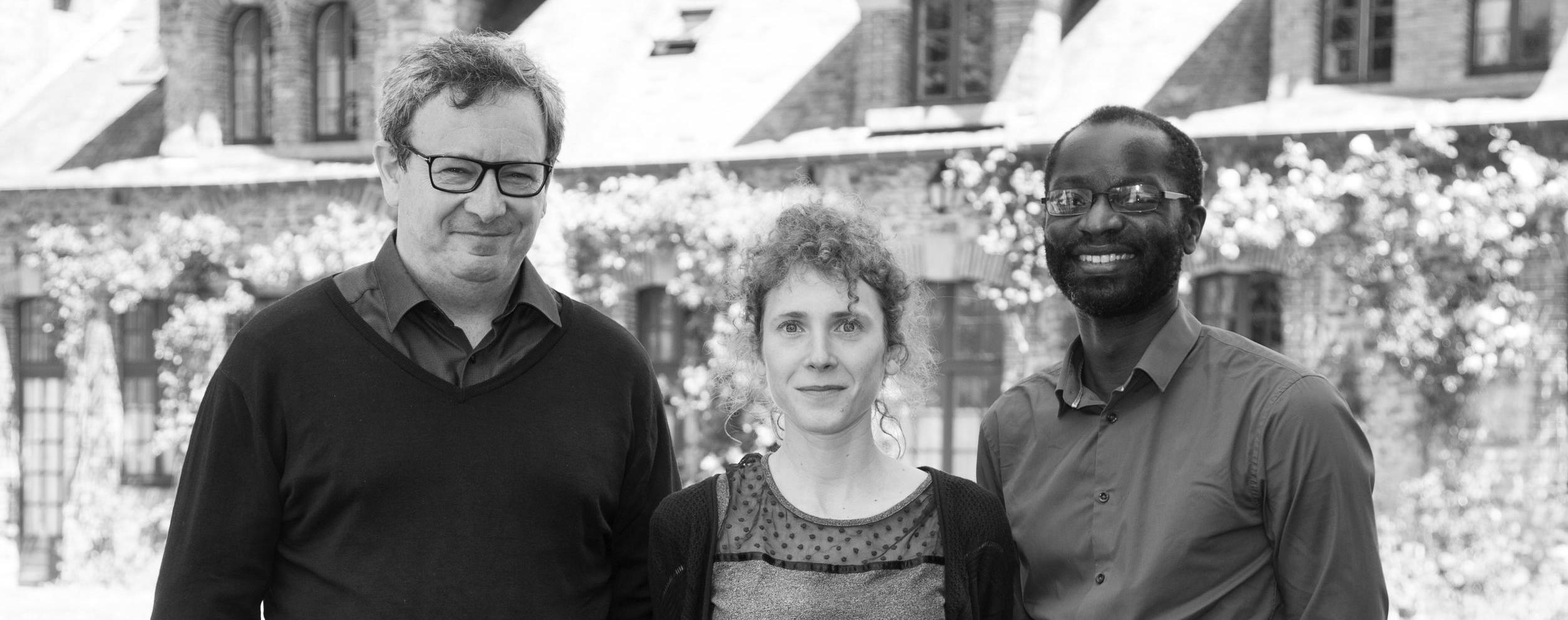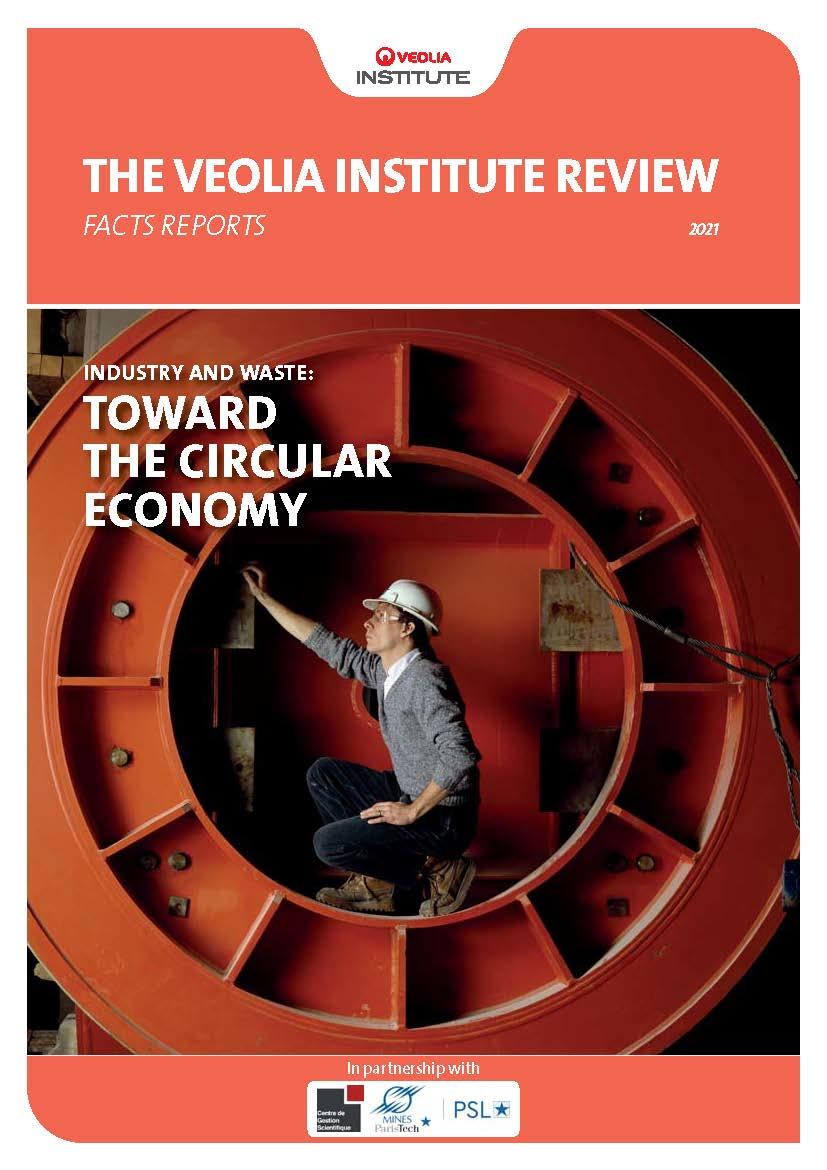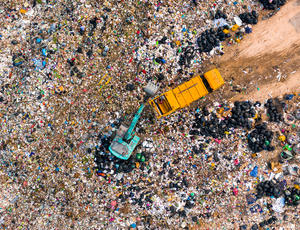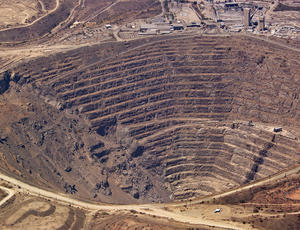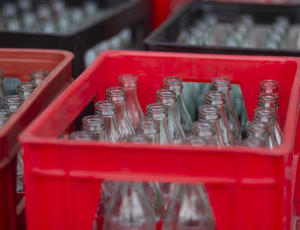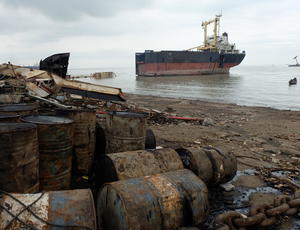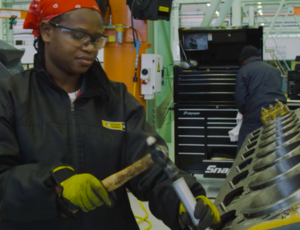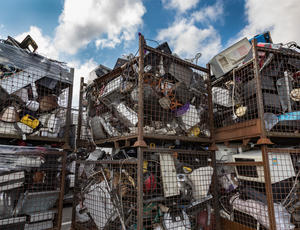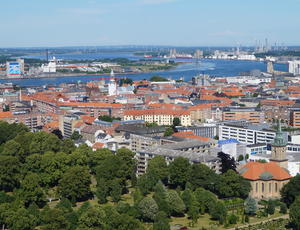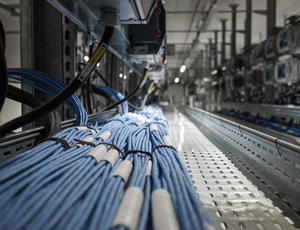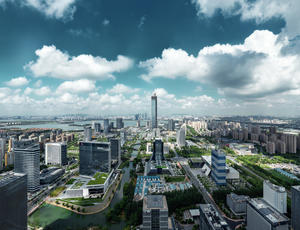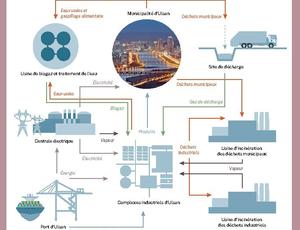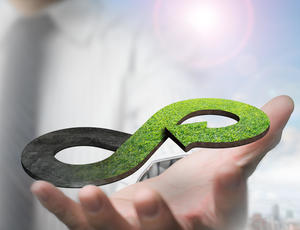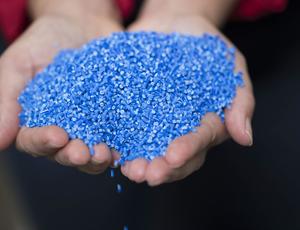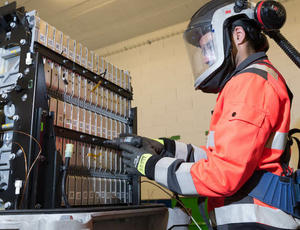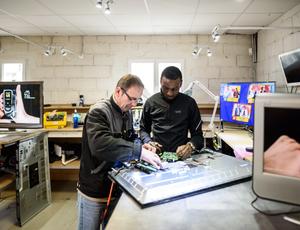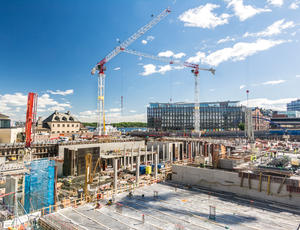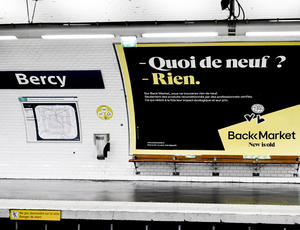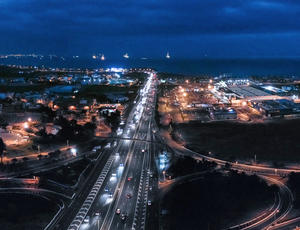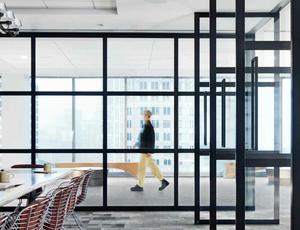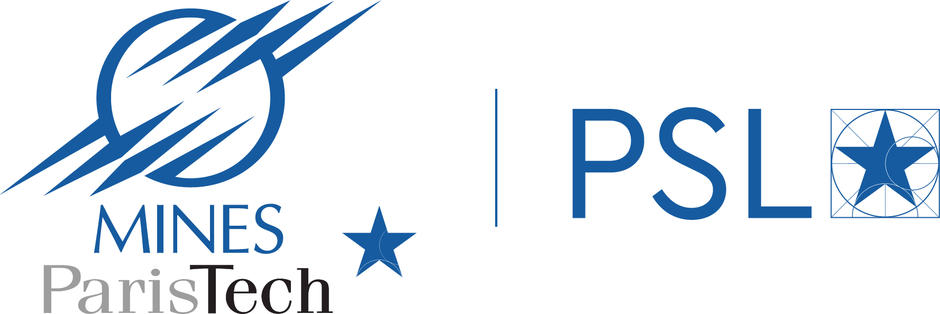Given the limits of the linear production and consumption model, the transition to a circular economy has become a necessity.
It requires significant behavioral changes from all actors (companies, communities, consumers/citizens), backed by ambitious public policies.
In particular, industrial players must change their practices right from the product design phase.
The Veolia Institute is dedicating an issue of its review to this topic, resulting from work carried out with a team of researchers from Mines ParisTech Scientific Management Center (Franck Aggeri, Helen Micheaux and Joël Ntsondé).
Discover :
- The foreword by Amy Luers, Member of the Foresight Committee of the Veolia Institute
- Introduction by Nicolas Renard, Executive Director, Veolia Institute
- The circular economy: strategies and policies, key data on the subject
1. The need for a new waste management model
The amount of waste generated has risen ceaselessly since the dawn of the consumer society. This growth is expected to continue with the urbanization of developing countries. The environmental and social impacts are increasingly visible. There is a solution at hand: the circular economy, defined in opposition to the linear take-make-waste model. A number of initiatives exist, but many challenges remain ahead if we are to make the circular transition.
MINES ParisTech
Yale University
French Extended Producer Responsibility Waste Schemes Commission
ACEN, the African Circular
Economy Network
2. Shifting how the various actors behave
Helping our models transition toward a circular economy requires efforts by the private sector actors involved in producing goods and services, public sector actors regulating the economic and social spheres, and consumers, whose purchasing choices influence businesses’ current and future strategies. So, how can we nurture the emergence of new ways of consuming and producing?
Paris-Dauphine University
HOP - Halte à l’Obsolescence Programmée (Stop Planned Obsolescence)
Local Environmental Initiatives)
Birgitte Krebs Schleemann, DGE
China Association of Circular Economy
Jarkko Havas, Ellen MacArthur Foundation
Françoise Weber, François Guéneron (Veolia)
3. Pathways to an innovative circular economy
Innovation has a crucial role to play in turning the circular economy’s promises into reality. The concept is currently generating countless innovative projects, but assessing their potential and long-term durability is not easy. What do circular innovations look like? What potential do they have to go beyond local experiments to create economic and ecological value as well as jobs? What partnerships and actors are emerging in relation to this topic? How are these innovative processes put in place and what are the obstacles to their success?
Veolia
Matériaupôle
Back Market
Interface, Inc.
This issue of The Veolia Institute Review - Facts Reports has been produced
in partnership with the Scientific Management Center of Mines ParisTech.
The coordinators of the issue : Franck Aggeri, Helen Micheaux and Joël Ntsondé, during the colloquium "Imaginaires et pratiques de l'économie circulaire", in Cerisy, 2021.
